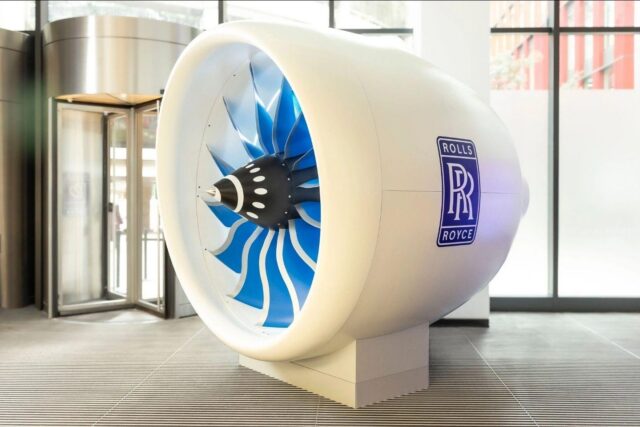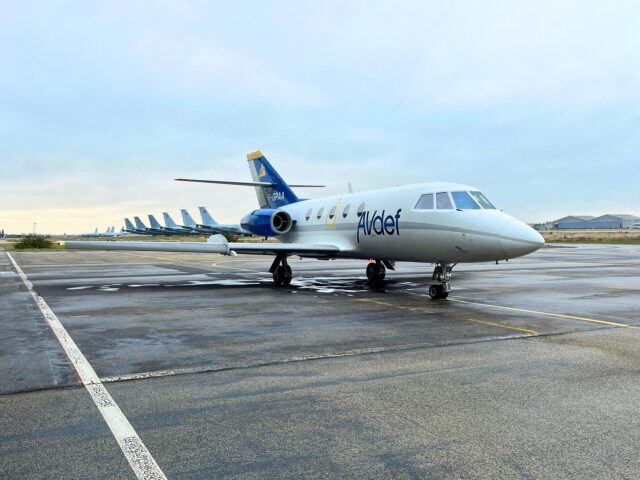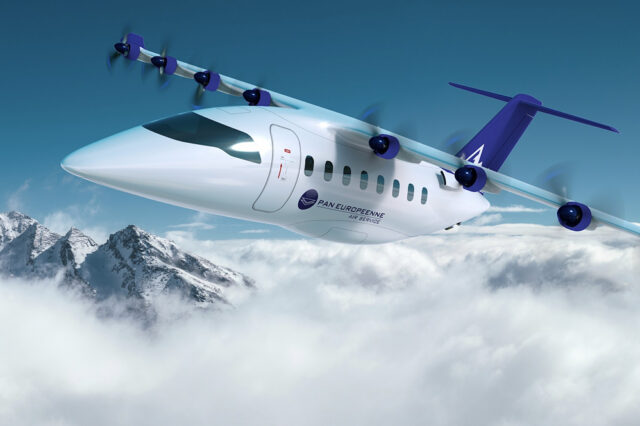
Researchers from Chulalongkorn University in Thailand have made use of forage grass to feed microorganisms and convert the resulting fat into jet fuel.
They aim to expand petroleum-based oil replacement production to reduce impacts on human health and the environment.
Yeast is a microorganism that is an important ingredient in many foods and beverages. However, in the future, yeast will play a major role in the production of fossil-based renewable fuels.
Currently, researchers from Chulalongkorn University’s Faculty of Science are accelerating their technological development to scale up the production of aviation biofuel from yeast.
This is an extension of the successful results of research that found a strain of yeast with a high potential for producing fat for use in aviation fuel.
In addition to producing yeast oil, they use agricultural waste as food to grow microorganisms. This is another way to reduce burning problems and increase the value of agricultural waste.
How did the research originate?
Petroleum is an important source of fuel in today’s world, both in various industrial sectors and in transportation, especially the aircraft industry.
A report from the Department of Energy Business of the Ministry of Energy (2019) stated that Thailand’s jet fuel import volume has increased significantly. In 2016, Thailand imported 84.9 million liters of jet fuel, but only four years later, in 2019, the amount of jet fuel imports soared to 376.3 million liters per year.
This increase in fuel imports reflects growing industrial demand and the need to find innovations to produce alternative energy that is more friendly to human health and the environment than petroleum.
The team led by Prof. Dr. Warawut Chulalaksananukul and Asst. Prof. Dr. Chompunuch Glinwong from the Department of Botany, Faculty of Science, Chulalongkorn University has carried out the “Development of scaling-up technology for production of microbial lipid for biojet fuel synthesis” research project.
According to Prof. Dr. Warawut: “The team has been successful in the separation of Saccharomyces cerevisiae yeast (CU-TPD4 strain) that has a high potential for fat accumulation. We have used yeast to produce biojet fuel to meet future energy demand. If we can develop Thailand’s potential in the production of bio-jet fuel, it would help our economy progress as well.”
The project has received funding from the National Research Council of Thailand, focusing specifically on the Sino-Thai Plans for Renewable Energy to work on the extraction of fat, production of bio-jet fuel from microbial lipid synthesis, and bio-refinery of jet fuel from biomass resources.
Aside from the two researchers mentioned, the team also includes three doctoral students from the Department of Botany, namely Dr. Nuttha Chuengcharoenpanich, Dr. Wannaporn Wattanasunthorn, and Mr. Thanapong Tangwanaphrai, with the collaboration of Dr. Surisa Suwannarangsee from the National Centre for Genetic Engineering and Biotechnology under the National Science and Technology Development Agency. They have collaborated with a group of Chinese researchers, including Prof. Zhongming Wang and Prof. Wei Qi from the Guangzhou Institute of Energy Conversion at the Chinese Academy of Science (GIEC).
Subscribe to the FINN weekly newsletter
















